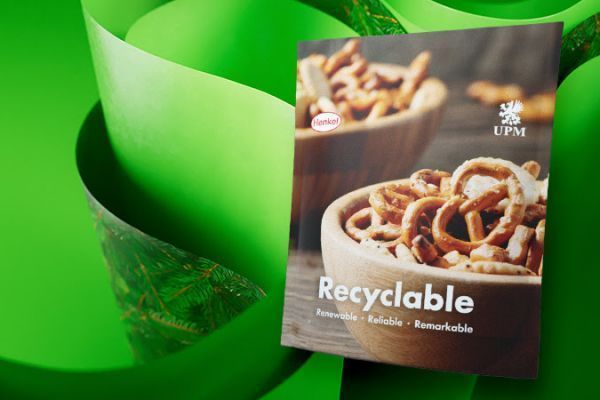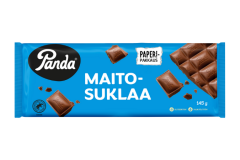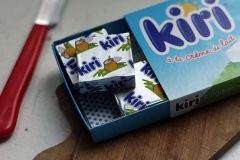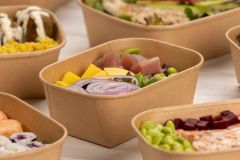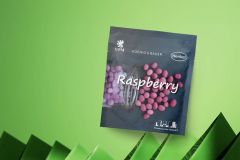Conventional heat-sealed packaging is often laminated with plastic or a multi-material solution, making it difficult to recycle. To provide a solution that can be recycled in the conventional waste stream, Finnish specialty paper producer UPM Specialty Papers and German manufacturer of adhesives, sealants and functional coatings Henkel have together developed a solution that can replace these traditionally poorly recycled food packaging materials.
The two companies worked with the existing UPM Asendo and UPM Asendo Pro recyclable barrier papers. Henkel optimized its coatings specifically for UPM papers to enhance their grease resistance. And together they created a paper-based, heat-sealable, food-safe package that can be recycled into existing fiber recycling streams.
This final solution combines UPM's Loctite Liofol HS 2809-22 RE water-based heat sealing papers and Henkel's Aquence Epix BC 6134 greaseproof coatings.
A heat-sealable, barrier, paper-based solution for dry foods
"Barrier and heat seal coatings behave differently on different paper substrates, so it can be difficult to find the best combination of paper substrate, coating and application." explains Christin Noack, Head of Market Strategy Paper Solutions at Henkel. "We have refined our heat-sealable and greaseproof coatings with a number of tests and a lengthy development process. Together with UPM, we have developed innovative coating products that enable the paper to achieve unparalleled levels of barrier performance."
The new package is suitable for a wide range of dry foods that require fat resistance, such as party snacks and breadsticks.
"This solution shows what we can achieve with co-created fiber-based materials. Converters can choose from a ready-made, tested and approved combination of paper and coatings and quickly find the solution for their end use without the need for trial and error. For brands, it represents another example of a co-created product that supports the transition from fossil-based materials to renewable and recyclable packaging." adds Mika Uusikartano, Product Manager at UPM Specialty Papers.
